
After complaining loudly to anyone who would listen to me. I put my coat on and took it to our local computer man - Keith who can fix anything. He wasn’t there but his kind assistant went through his routine examination and concluded the fan had gone. It could be repaired for a tidy sum but it should work again.. I was much relieved.
I have another computer a MacBook Pro which I have hardly used and this became the focus for my development this week. Now others have told me how hard they have found learning to use the Mac so I was forewarned. Everything felt unfamiliar and everything took so long to figure out. I had a deep sense of lacking basic knowledge. I know I have developed a lot of knowledge about PC's over the two decades of working with them and perhaps I assumed that this would transfer easily to the Mac. Most of it did but every so often I would discover that I didn't know how to do something. On the Mac I lacked the skill to do some very basic things, like take a screen shot and re-find my safari short cut when it suddenly disappeared off the bottom navigation bar! The absence of right click and the need to use the top navigation bar all the time felt ponderous and I had to unlearn this procedure. This carried on like for the rest of the week. I struggled to do tasks that I normally accomplished easily on my old laptop. Even trying to save things in the right folder, or create a new folder to save something in, took time to work out. I noticed that I wasn’t very patient with myself. Instead of thinking - oh this is great I'm finally learning how to use the Mac
I was quite negative and angry about the experience. (Actually there were other things going on like the boiler not working and being cold and having no hot water that added to this mood!).
I have now been using it for a few days and I’m getting better and its obvious that I know more about how the Mac works and I can do more things now than I could a few days ago. I know how to access my emails, I can edit my website and find and upload images to it after downloading adobe flash player. I activated my iTunes account and downloaded Garage Band and then did the first lesson for piano. And did some Christmas shopping on line. I have more or less completed my presentation in powerpoint but was stopped from copying slides from one presentation to another with an error message I still don't understand. Not much but it’s a start. Even though I know I have learnt something nothing felt creative. In fact quite the opposite I felt unable to do certain things so my creativity was thwarted. So I guess this bit of personal development is just about acquiring some basic competency before I can do anything creative. I've now got my laptop back and the challenges will be to persist with my Mac and carry on using it.
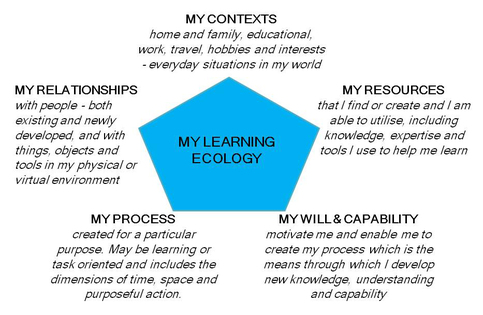
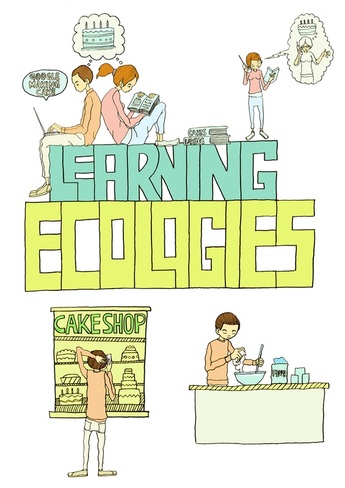
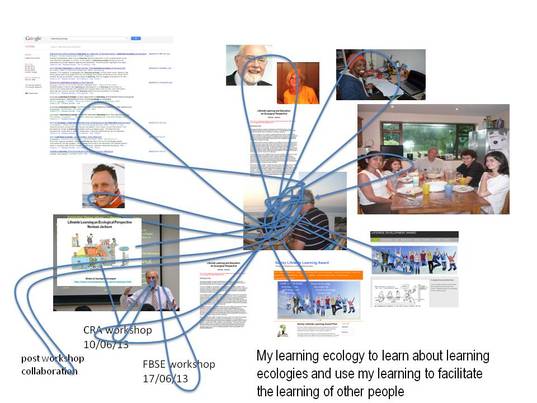
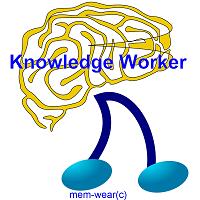

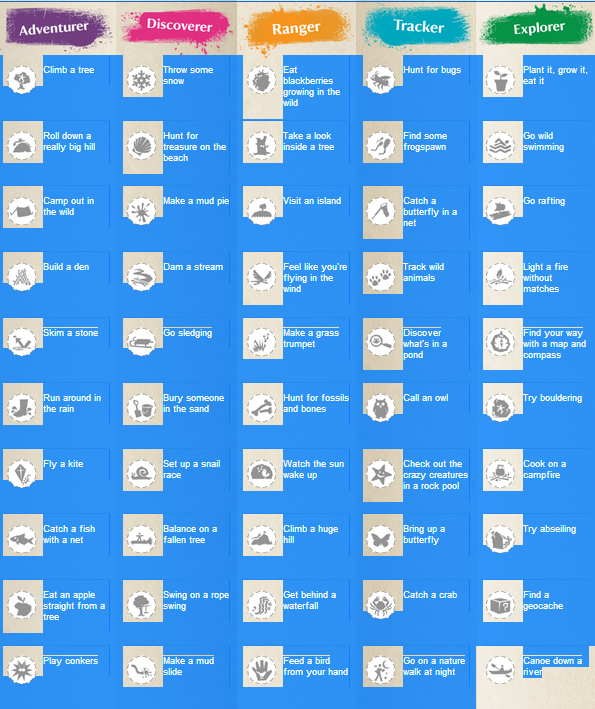
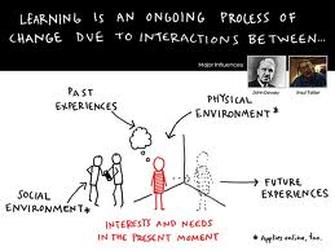
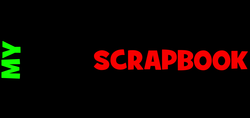

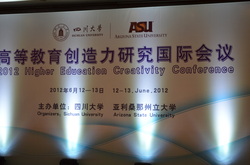
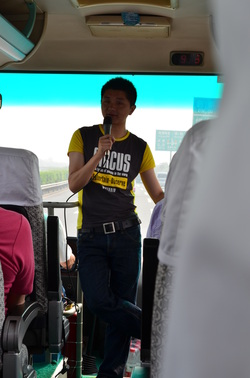
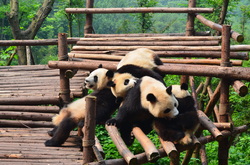
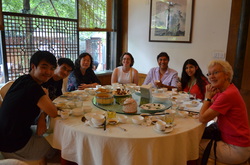
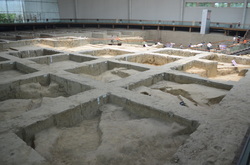
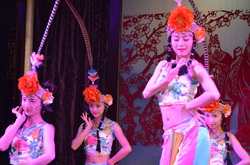




 RSS Feed
RSS Feed